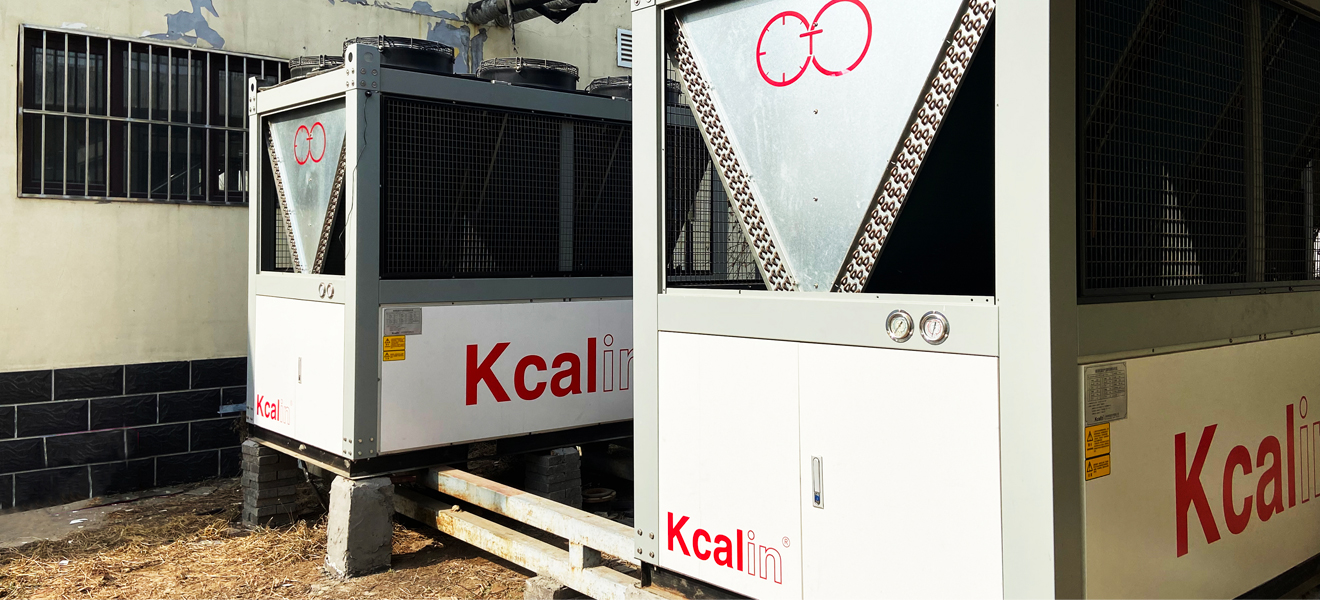The cold season has arrived, and heating equipment has become an indispensable part of family and business life. However, how to achieve energy conservation and environmental protection while maintaining comfort has always been a focus of attention. In this article, we will reveal the characteristics of various heating equipment products, allowing you to understand how to choose a heating method that suits your needs, which is both comfortable and environmentally friendly.
Central heating system features:
Whole house heating: The central heating system delivers hot water or heating to various rooms through pipelines, achieving whole house heating and ensuring warmth in every corner.
Adjustable temperature: The temperature of each room can be accurately controlled through a temperature control system, improving comfort and energy efficiency.
Environmental protection: Some central heating systems use natural gas or electricity as energy, which is relatively environmentally friendly.
Applicable scenario: Suitable for households and large buildings, providing heating services. Large places such as commercial office buildings, hotels, and schools often use central heating systems.
Characteristics of air energy heat pumps:

Efficient and energy-saving: Air energy heat pumps utilize the heat energy in the air for heating, with the characteristics of high efficiency and energy conservation, which can reduce energy consumption and costs.
Versatility: Air energy heat pumps not only provide heating, but also provide cooling, making them versatile and suitable for different seasonal needs.
Environmental protection: Due to reducing reliance on fossil fuels and reducing greenhouse gas emissions, air energy heat pumps are considered an environmentally friendly heating method.
Applicable scenario: Suitable for household heating and cooling, especially suitable for warm climate areas. Commercial buildings, hotels, and resorts also often use air powered heat pumps to improve energy efficiency and save energy.
Characteristics of biomass heating:
Renewable energy: Biomass heating uses biomass fuels such as wood, straw, or biological waste, which belong to renewable energy.
Low carbon emissions: The biomass heating system generates relatively low carbon emissions during the combustion process, which is environmentally friendly.
Low cost: Biomass fuels are usually cheap and can reduce heating costs.
Applicable scenario: Suitable for rural or forest areas, easy to obtain biomass fuel. Biomass heating is also suitable for areas lacking traditional energy supply.
Characteristics of solar heating:
Renewable energy: Solar heating systems use solar energy for heating, which is a typical application of renewable energy.
Zero emissions: Solar heating does not produce pollutant emissions and is environmentally friendly.
Long term investment: Although the initial investment is relatively high, solar heating systems can achieve energy cost savings in the long term.
Applicable scenario: Suitable for sunny areas, especially residential and swimming pool heating. Solar heating systems typically require a large installation area and are suitable for independent residences and large buildings.
The choice of heating equipment is not only related to your comfort, but also involves issues of energy conservation and environmental protection. Different heating methods have their advantages, and you can make wise choices based on your own needs and values. No matter which method you choose, you should provide warmth and comfort for your family or business, while contributing to creating a greener and sustainable future. Let's work together to achieve a combination of energy conservation, environmental protection, and comfortable heating!







Comment